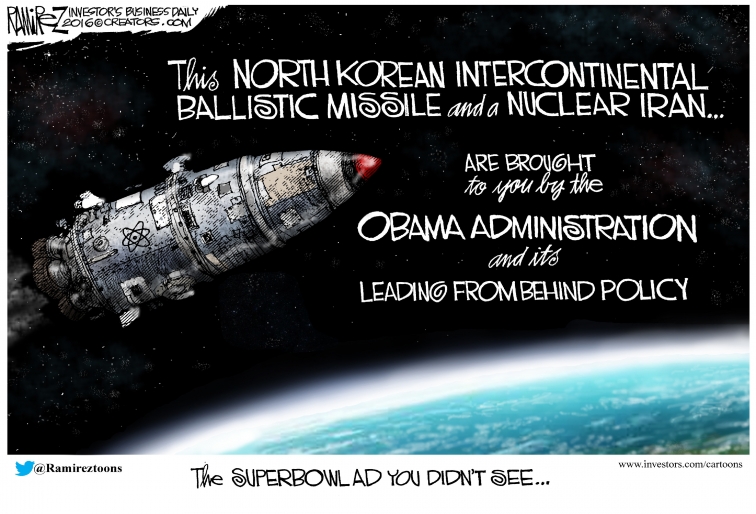Earlier today, Rick Klein, Political Director for ABC News, tweeted out that 217 members of the House of Representatives have gone on record “as likely to oppose authorizing military force against Syria,” giving those opposed to the resolution a majority in the lower chamber (if we have any pedants in the audience shouting about the fact that it takes 218 to reach a majority, note that Alabama and Massachusetts both currently have one vacant seat).
Now, “likely to oppose” isn’t the same thing as definitely voting no, but anyone who’s staking out territory this early in the process is disproportionately likely to to stick to his guns. And it’s clear that the momentum on this is all going in one direction — and it’s not the president’s.
That’s remarkable, but not particularly surprising. Sometimes you can get a member to vote against his political interest for the sake of ideology. Sometimes you can get him to vote against his ideology for the sake of his political interest. But when both are imperiled simultaneously, the whipping gets much harder. That’s precisely the case with a potential military offensive that polls terribly and hits intellectual pressure points for liberals and conservatives alike.
One dispiriting aspect of this debate is the chorus of conservative voices such as Jennifer Rubin, Hugh Hewitt, and Bret Stephens who’ve conflated opposition to feckless, limited airstrikes in Syria with “isolationism.” It may be fair to say that nearly all isolationists are opposed to taking action in Syria. It does not follow, however, that all who are opposed to taking action in Syria are isolationists. The scope of opposition is far too large to be constituted entirely (or even primarily) of those opposed to American action overseas in all but the most limited circumstances.
I suspect that there are a fair number of conservatives like me — as far removed from the reflexive international reticence of Rand Paul as we are from John McCain’s “anytime, anywhere, for any reason” school of intervention — who just don’t see the strategic payoff here, especially given the manner in which the Obama Administration would be likely to conduct the fight.
America has played too fast and loose with defining our national security interests in recent years. Doing so again — especially when it’s clear that the Obama Administration has no plan that will actually result in a change of circumstances on the ground in Syria — is an exercise in futility. The measure deserves defeat.
 In a recent interview with CFIF, Evan Moore, Senior Policy Analyst at the Foreign Policy Initiative, discusses NATO, U.S. and Russian relations following the NATO summit meeting, friction in the Baltic region and what the growing U.S. military troop presence in Poland means for U.S.-Russian relations.
In a recent interview with CFIF, Evan Moore, Senior Policy Analyst at the Foreign Policy Initiative, discusses NATO, U.S. and Russian relations following the NATO summit meeting, friction in the Baltic region and what the growing U.S. military troop presence in Poland means for U.S.-Russian relations.


 In an interview with CFIF, David Adesnik, Policy Director at the Foreign Policy Initiative, discusses America’s defense and strategy issues as they relate to the Iran Nuclear Deal and why we need serious engagement on foreign policy issues by America’s next president.
In an interview with CFIF, David Adesnik, Policy Director at the Foreign Policy Initiative, discusses America’s defense and strategy issues as they relate to the Iran Nuclear Deal and why we need serious engagement on foreign policy issues by America’s next president.






 In an interview with CFIF, Tim Connors, Senior Manager in the Law Enforcement and Security Division of CAAS, LLC, and former Director of the Center for Policing Terrorism at the Manhattan Institute, discusses recent U.S. embassy closings, our nation’s diminishing military presence overseas, intelligence reports and prison crowding across the country.
In an interview with CFIF, Tim Connors, Senior Manager in the Law Enforcement and Security Division of CAAS, LLC, and former Director of the Center for Policing Terrorism at the Manhattan Institute, discusses recent U.S. embassy closings, our nation’s diminishing military presence overseas, intelligence reports and prison crowding across the country. CFIF Freedom Line Blog RSS Feed
CFIF Freedom Line Blog RSS Feed CFIF on Twitter
CFIF on Twitter CFIF on YouTube
CFIF on YouTube